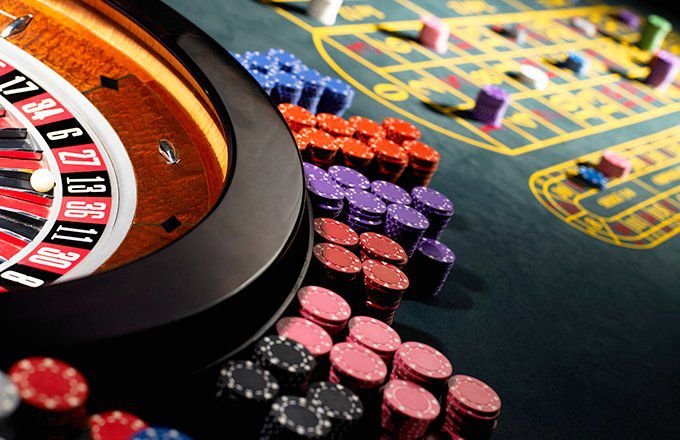Casino gaming is a popular form of entertainment enjoyed by millions around the world. However, for some, it can become an addiction that is difficult to overcome. This article explores some of the key psychological factors that influence gamblers and drive their behaviour. Understanding these insights can help both gamblers and those concerned for them.
Dopamine and Risk-Taking
Clinical studies have found that gambling activates the brain’s reward system in similar ways as drug addiction. When gamblers win or anticipate a potential win, their brain releases dopamine – a neurotransmitter associated with pleasure and motivation. For some individuals, this dopamine spike can become highly addictive over time as they continuously seek that “high” feeling through greater bets and riskier plays. The anticipation and unpredictability of wins are a big part of what keeps gamblers coming back despite potential losses.
Superstitions and Cognitive Biases
Many gamblers develop superstitious rituals and habits without basis in logic or odds. They may believe a certain machine or seat is “lucky” simply due to a past win, ignoring all neutral or losing outcomes. Gamblers also tend to suffer from cognitive biases like the gambler’s fallacy, where they believe past losses increase the chances of future wins when the odds remain constant with each play. Superstitions and biases allow gamblers to deny or gloss over losses while exaggerating wins in their minds. This warps their decision-making and sustains their hope of coming out ahead of time against the odds.
Fallacy of Control
Deep down, most gamblers understand games like slots, roulette, or lottery involve chance without any ability to influence the outcome. However, the activity gives the illusion of being in control – by choosing “lucky” numbers, machines, or bet amounts. This fallacy of perceived control over randomness is psychologically satisfying and encourages further plays to “try again” after a loss instead of accepting the random nature of gaming. Some experts posit this need to feel in command is a core driver keeping many gamblers playing longer than they rationally should be based on their bankroll.
Chasing Losses and Gambling to Escape
Problem gamblers often fall prey to chasing behaviour – betting larger amounts or riskier stakes after a string of losses in hopes of recouping the money quickly. However, this usually only compounds the losses due to worsening odds. Chasing arises from a need to undo past mistakes as well as denial over how much has already been lost. For some, gambling also provides an escape from problems, stress, boredom or uncomfortable feelings in their daily lives. While it offers short-term distraction and dopamine rushes, it exacerbates issues over the long run if used as a coping mechanism.
FAQs:
How do casinos exploit gamblers’ psychology?
Through environment design like bright lights and sounds that heighten arousal and blur perception of time. Bonuses and freebies also trigger dopamine to encourage further betting.
Is gambling addiction a disease?
The medical community recognizes compulsive gambling as a disease due to evidence of genetic, neurological and environmental factors beyond one’s control. However, self-exclusion and counselling can still help problem gamblers regain control.
How can someone know if they have a gambling problem?
Signs include: chasing losses, needing to bet more money more often to feel excitement, lying about gambling activities, feeling restless/irritable when trying to stop, and putting relationships/work at risk due to betting.
Is there help available?
Yes, many problem gamblers have found success through free counseling and support groups like Gamblers Anonymous which take a whole-person approach to addressing underlying issues through peer support and new coping techniques without betting. Strict self-exclusion from all casinos can also provide a clean break to recover.
Conclusion
By understanding how biological, psychological and social factors interact to influence gambling behaviours, we gain empathy for what drives problematic play as well as tools to intervene compassionately where needed. For most people, gaming remains a safe recreational activity carried out responsibly within one’s means. But for those grappling with an addiction, acknowledging signs early and seeking help through counselling or self-exclusion allows regaining control over a condition that is treatable with support. Popular India-based online casino platform Taj777 is a responsible operator providing gamers with safe entertainment while respecting responsible gaming policies.














































